Reconciliation with Creation
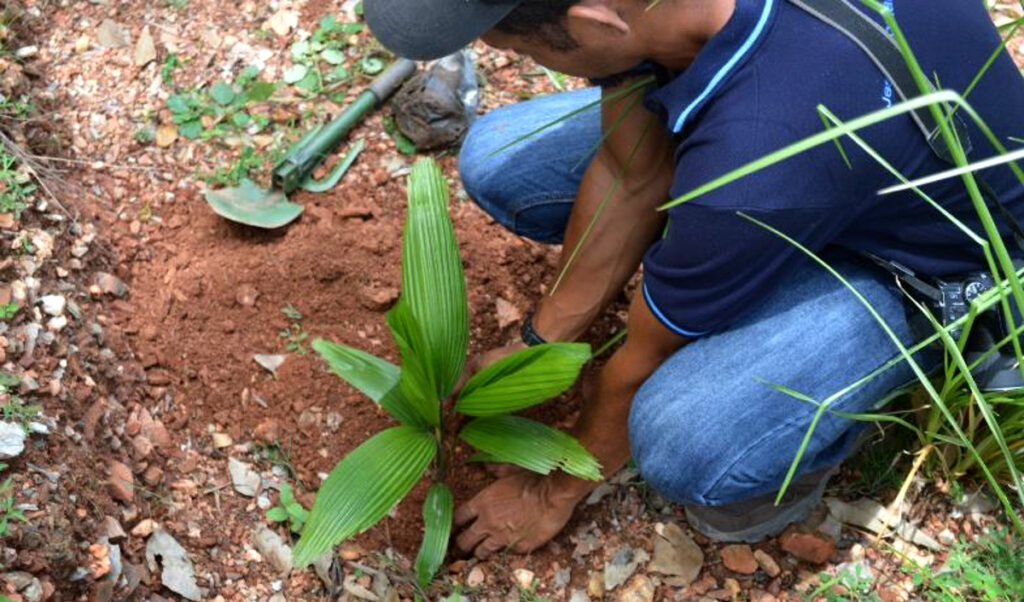
Teaching rural communities to understand and fight climate change
Rural communities in and around Dili are showing a positive change in their perception of the value of trees since Jesuit Social Service Timor-Leste began...read more
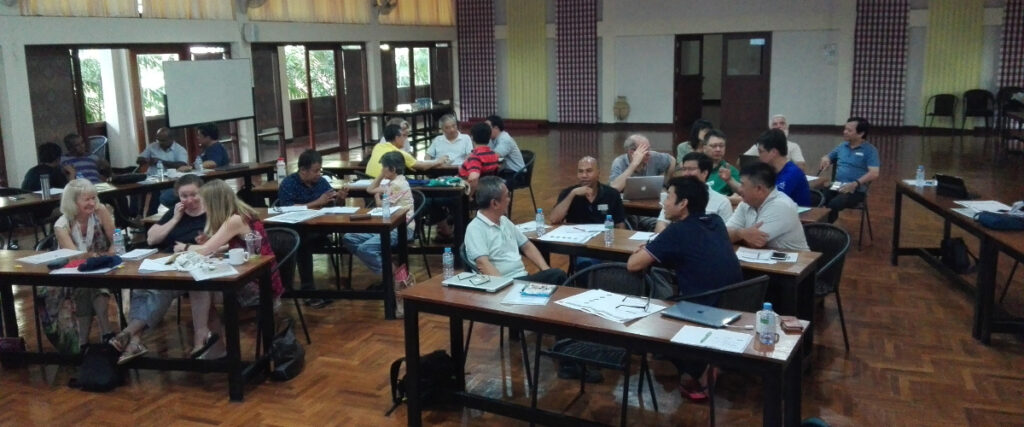
Cultivating the Jesuit identity of the social apostolate
“What is the difference between our social centres and NGOs? What is Jesuit about our centres?” These are questions we often ask ourselves and rarely...read more

Ecojesuit urges Jesuits and friends to invest in creation
Ecology and Jesuits in Communication (Ecojesuit) is urging Jesuit institutions to commit to making ethical investments. Divestment is one strategy that “can give the social...read more
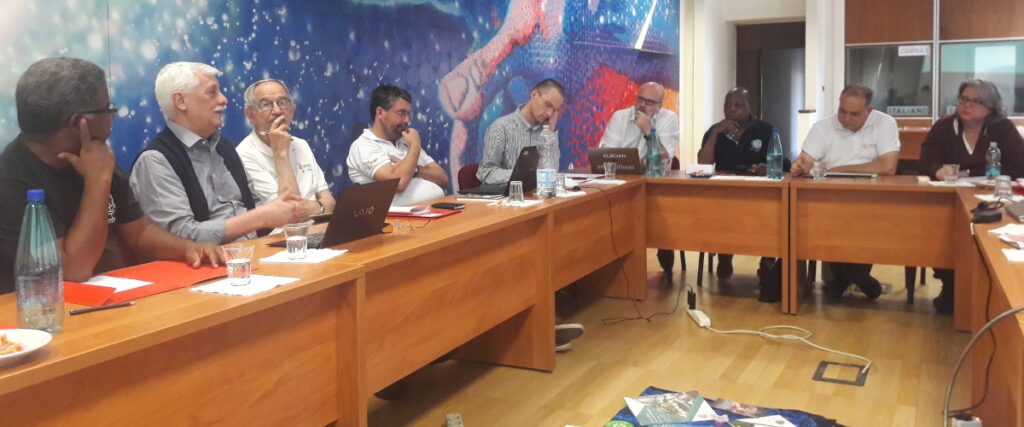
Fr General urges social apostolate to have a holy anger to bring about changes
This year’s annual meeting of the social apostolate coordinators in Rome was special. This time the coordinators were joined by the leaders of the Global...read more

Global mining survey shows pollution a concern in areas where Jesuits work
Environmental contamination, especially pollution of water sources, is causing significant concern in areas where Jesuits are based, according to a global survey conducted by the...read more
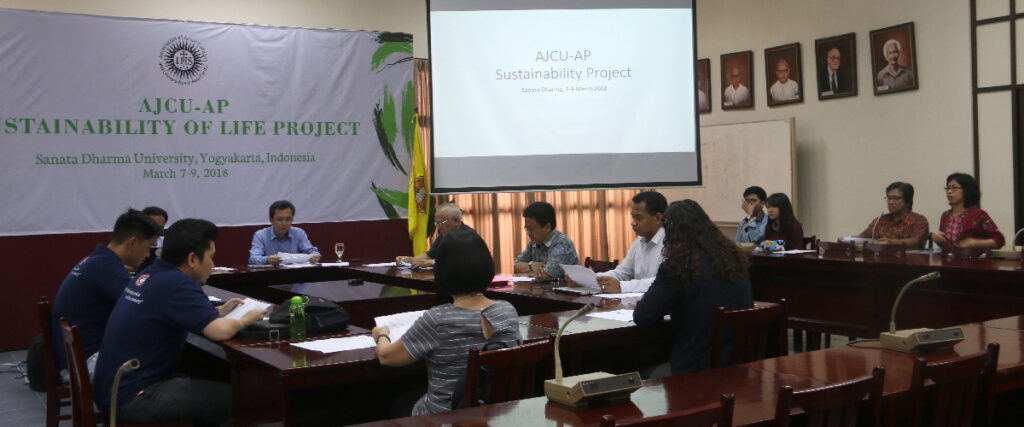
Building a home for the sustainability concept
The urgency of saving the planet from the greed of its human inhabitants cannot be emphasised enough. The Catholic Church has joined ranks with secular...read more
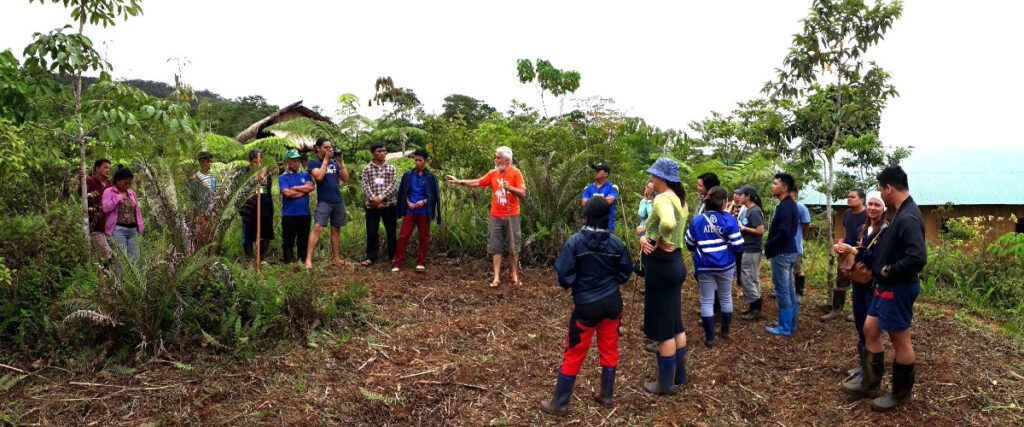
Living Laudato si’
The Reconciliation with Creation (RwC) programme of the Jesuit Conference of Asia Pacific (JCAP) is organising a series of Living Laudato si’ workshops in Mindanao,...read more
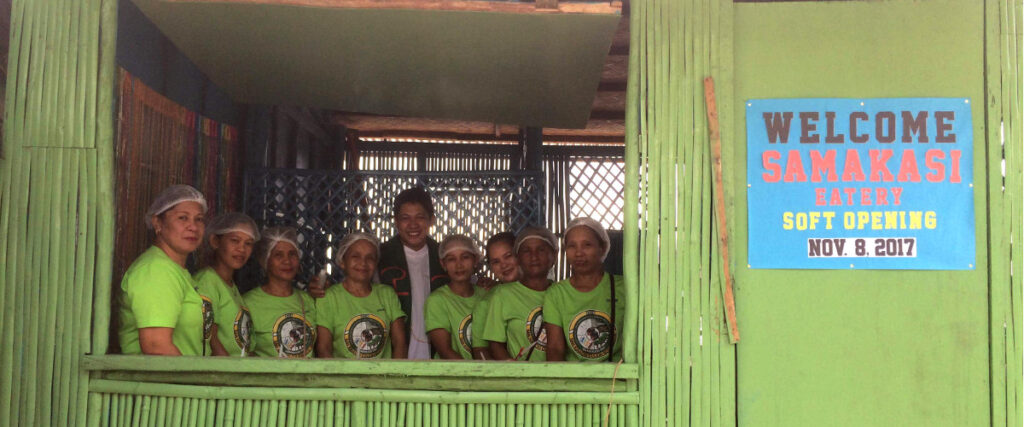
The eatery that rose from a storm
The name Culion might not ring a bell as loud as its neighbour Coron, but this picturesque island in the province of Palawan, Philippines is...read more
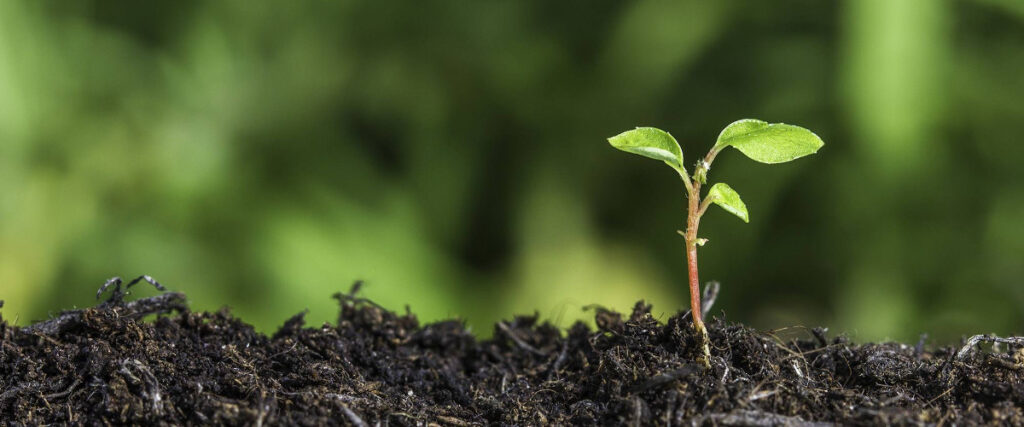
Australian Jesuits survey their efforts in Reconciliation with Creation
Jesuit communities and works in Australia have been actively working to improve their environmental sustainability for many years, according to surveys conducted by the Australian...read more
